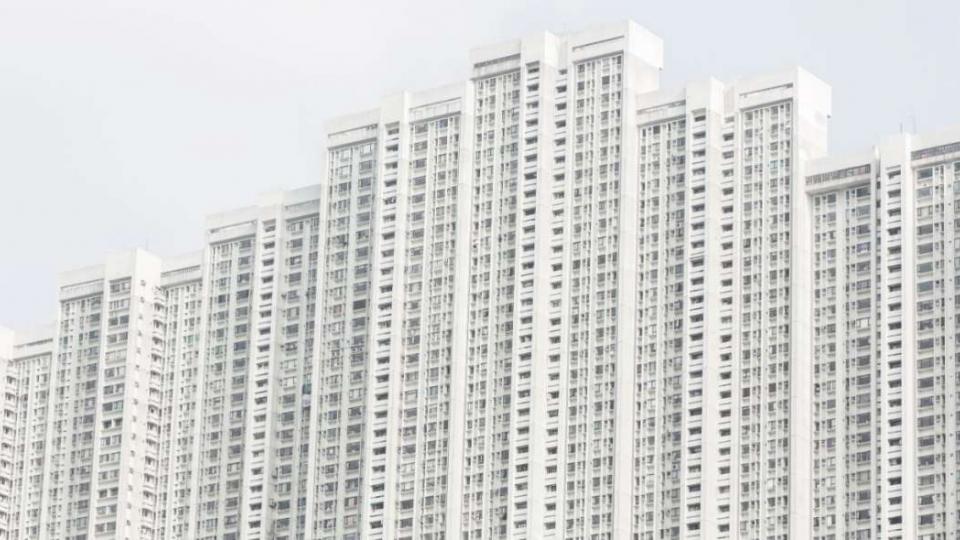
Most major APAC economies will bottom and reverse the growth decline by year-end. The general prognosis for 2021 is less negative but occupier performance will continue to face pressure. Real estate investors into APAC should not get carried away by expectations that the vaccine is a silver bullet and relax underwriting standards. Remain on the lookout for tactical opportunities arising from the pandemic.
Investors are searching for that pot of gold at the end of the rainbow, for when the pandemic is behind us. It feels simple enough for most investors who are piling into sectors where there is conviction around structural changes arising from the crisis. We have seen a surge in interest in data centers, lastmile logistics, and cold storage, amongst others.
These are sectors that have emerged strong and are likely to endure. However, it is often a case of too little too late for recent entrants into these segments where returns have already been compromised to some extent. We believe there are also opportunities that are related to the pandemic but not direct plays, which could also lead to that elusive pot of gold.
Australia’s multifamily sector: COVID-19 might have disrupted Australia’s population growth story as net migration took a backseat. However, we strongly believe that the population growth momentum will resume. The pandemic has further exposed the weakness in the housing system where a chronic undersupply of housing threatens the socio-economic fabric, leading to a generation of renters in Australia. Various states have become more open to the idea of a private sector led multifamily initiative to solve the housing crisis, and that throws up tremendous opportunities for investors into this nascent sector.
Prime retail in Japan: A counter-cyclical play on prime retail in the key cities of Tokyo and Osaka may appear reckless today, but is likely to be astute. The underlying premise is that tourism has taken a beating but once the pandemic is brought under control, the situation will normalize. More prime retail assets are being re-priced in Japan as the current situation remains uncertain. At the right entry price, investors with longer holding periods may be able to undertake value-add work on retail assets and ride the structural rebound in tourist numbers.
Distressed acquisition in China: In August 2020, the People’s Bank of China and the Ministry of Housing announced new financing regulations, assessing real estate developers against thresholds called the three red lines, which include the liabilityasset ratio, net gearing, and cash to short-term debt metrics. The pressure on Chinese developers to ease up on leverage is intense and there is an urgent impetus to secure financing in a market ravaged by the pandemic. Many developers are now open to disposing of their non-core commercial property assets, and we believe it creates a tactical window for investors to gain access to a market that is traditionally tight on asset availability.
Here you'll find the complete Real Estate Outlook – APAC, Edition 1 - 2021 van UBS Asset Management.